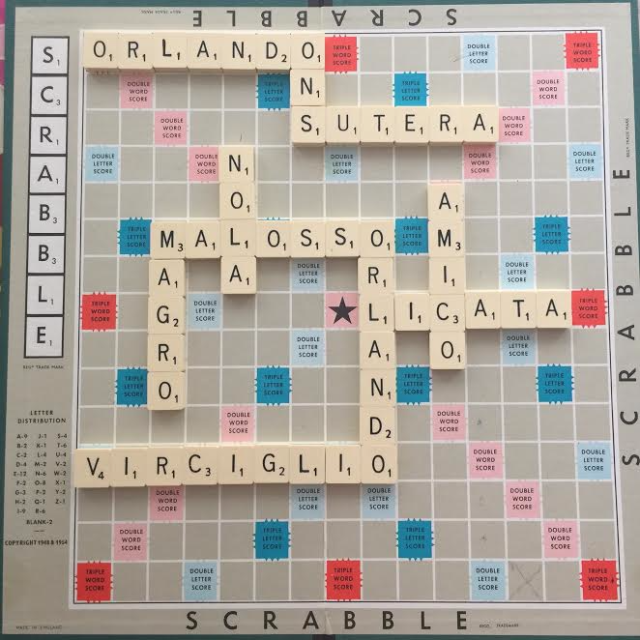The phrase X Marks the Spot is typical to denote where someone should sign their name or perhaps it denotes a pin mark on a map identifying where a particular location is.
So today I am going to chat about bringing to life the people who are in our own ancestral lines or people with whom we share no connection, but they bare the surname we are researching.
On occasions, when I am researching a family who appear in my One-Name Study I often have to remind myself that these were not my people, but fit into someone’s ancestry. So where do we stop researching?
Some One-Namer’s record the marriage between two people, one of whom appears in their study. Depending if the individual who bears the surname will depend on how far the line is followed. If the line is male it is easier to define, but a female poses a question and consideration.
The Guild offers no suggestion to this quandary and I personally follow the female line through to children and then what happens to those children. Sometimes there is a cross over between two studies, both registered with the Guild and in those instances I reach out to the other member and offer to do a reciprocal swap of information. That is one of the nicest things about the Guild – the friendly responses, connections and collaborations. To quote a former Chairman “members helping members” Families do often marry into each other, and sometimes more than once.
Whether these folk are our own ancestors or part of our study it is quite fascinating to follow someone’s life through their trials and tribulations and for us to attempt to understand all the details. If we are very lucky we connect with an ancestor of the person who perhaps shed further light on them or provide snippets of information.




